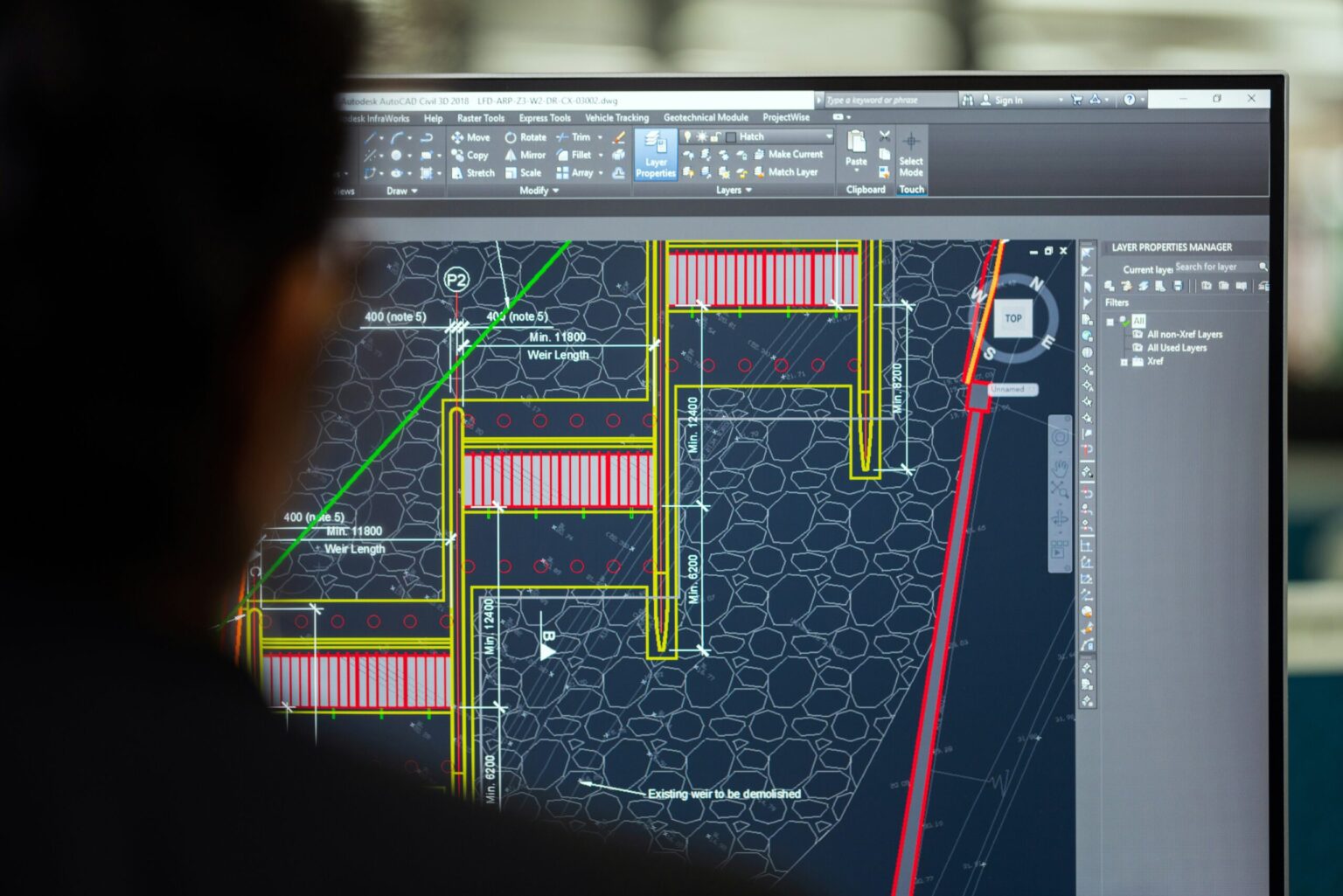In today’s business landscape, customer relationship management (CRM) software is a vital tool for companies of all sizes. Whether it’s used to enhance customer interactions, streamline sales processes or analyse consumer behaviour – or all of the above – CRMs are invaluable for maintaining a competitive edge.
But, simply investing in sophisticated CRM software is not enough. Without proper employee training, even the most advanced CRM system can be a waste of both time and money. Training employees to use CRM software effectively is an essential part of maximising its potential, improving organisational efficiency and ultimately, driving business growth.
Why Does CRM Software Matter?
At its core, CRM software serves as the backbone of customer interaction management. It allows businesses to organise customer data, track interactions and forecast sales opportunities.
With features like task automation, personalised communication and data analytics, CRM systems have the potential to transform your business operations. But, these benefits can only be realised if employees understand how to use the platform efficiently.
Untrained staff may find CRM tools confusing or overwhelming, leading to mistakes, inefficiencies and missed opportunities. Poorly implemented CRMs can even create bottlenecks, turning what should be a streamlined process into a source of frustration.
So proper training isn’t just about making sure you’re getting the most productivity as possible out of the software – it’s also about preventing it from becoming a hindrance to business operations.
Enhancing Productivity with CRM Software
Proper training equips employees with the skills that they need to navigate the CRM interface confidently. When staff understand how to use the software, they can access customer data more quickly, respond to enquiries promptly and focus on tasks that truly matter.
For instance, instead of spending hours inputting data manually, a trained employee can use automation features to save time and reduce errors.
In addition, CRM training encourages consistent use across the team. Without training, different employees may develop their own methods for inputting and retrieving information, which can result in fragmented or incomplete data. A well-trained team, however, will follow standardised procedures, ensuring that data is accurate, up-to-date and easy to interpret across the board.



